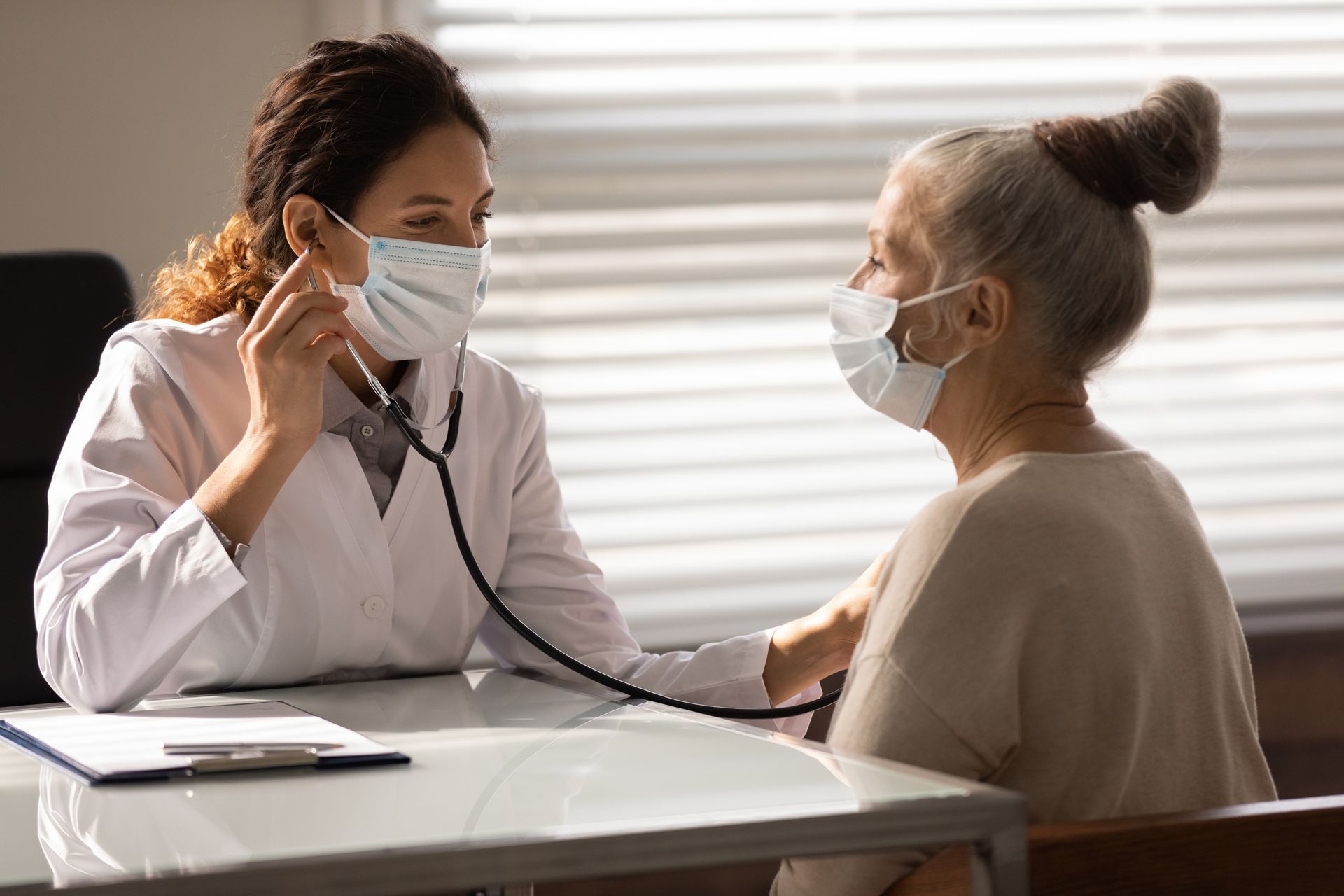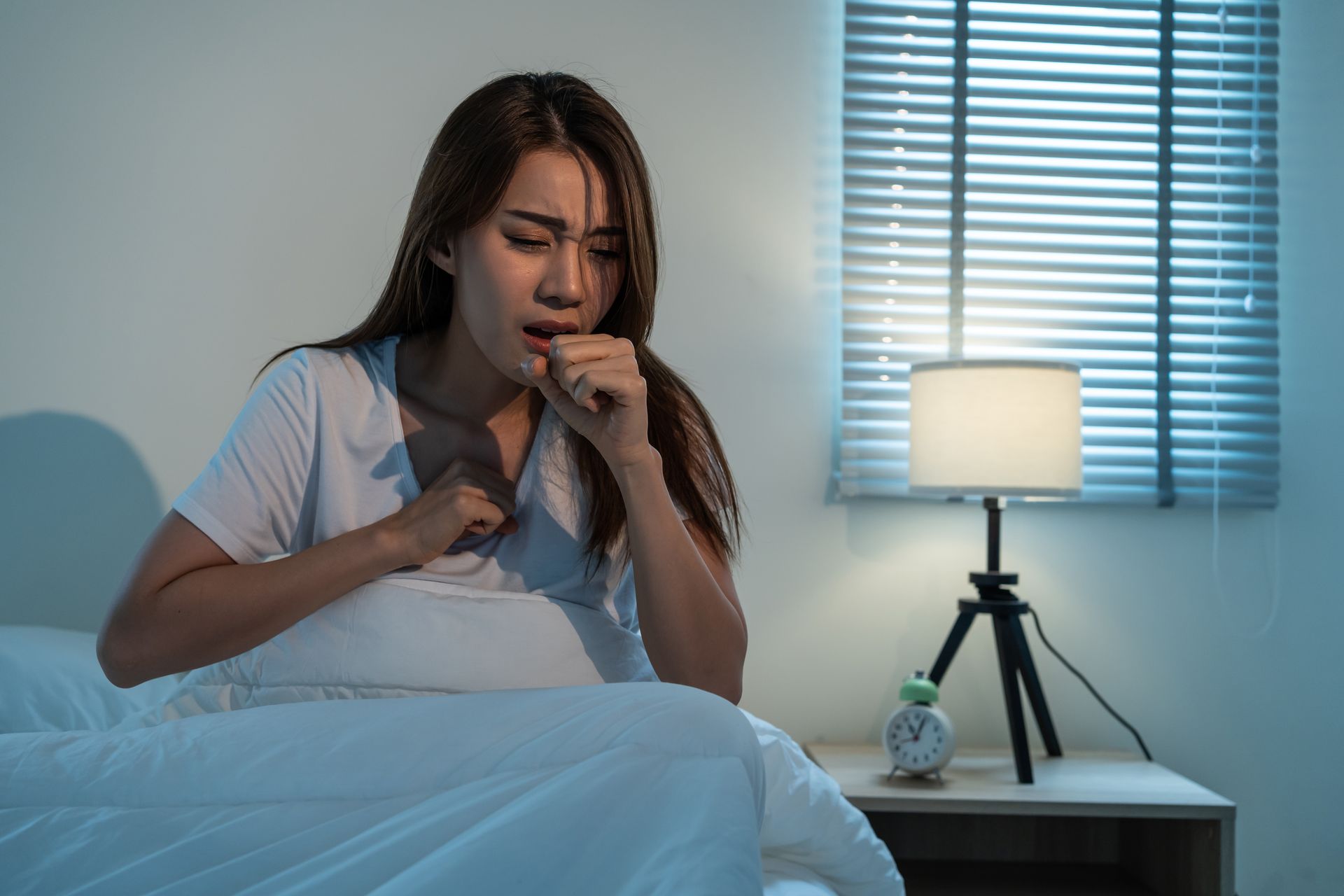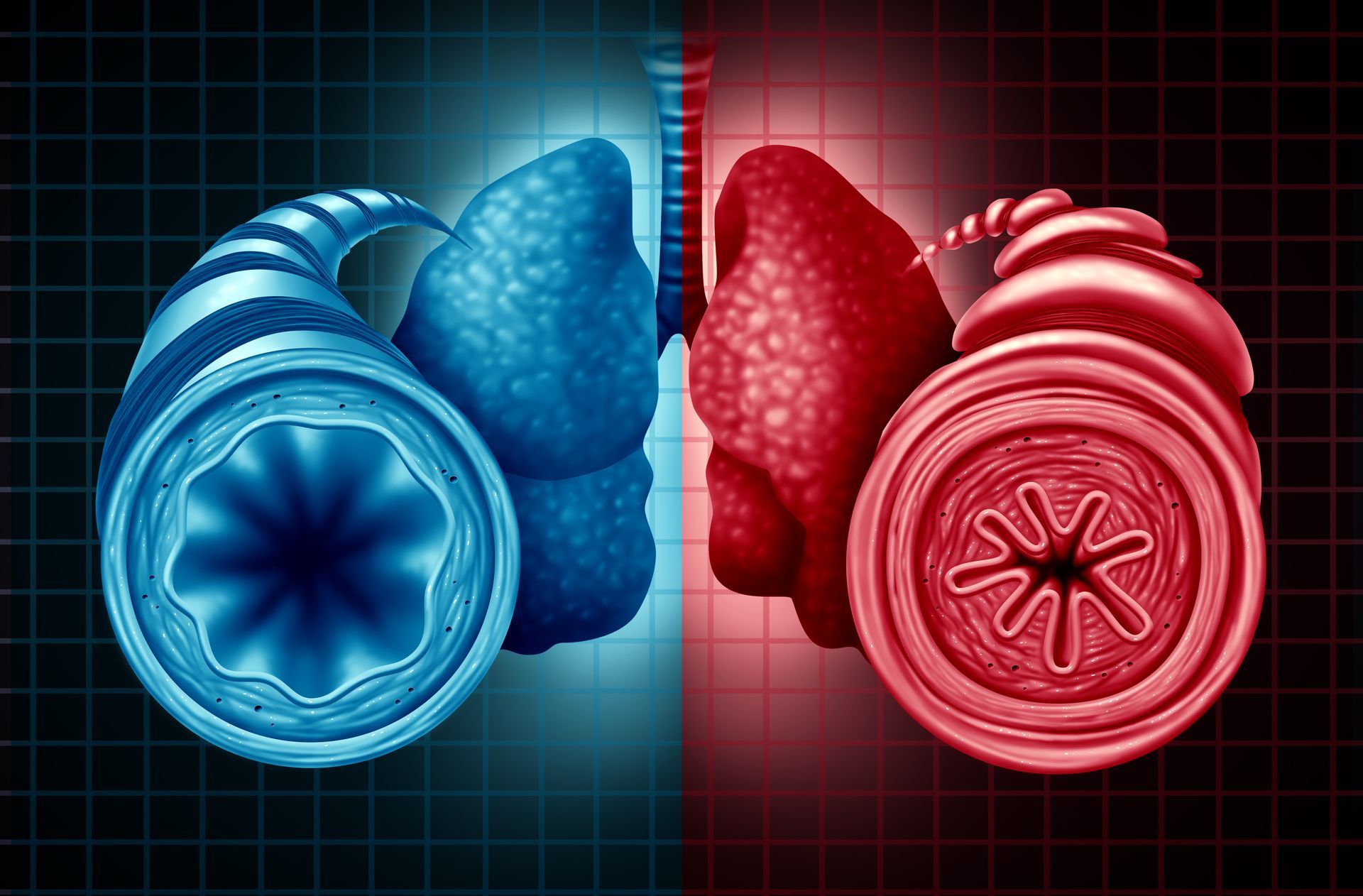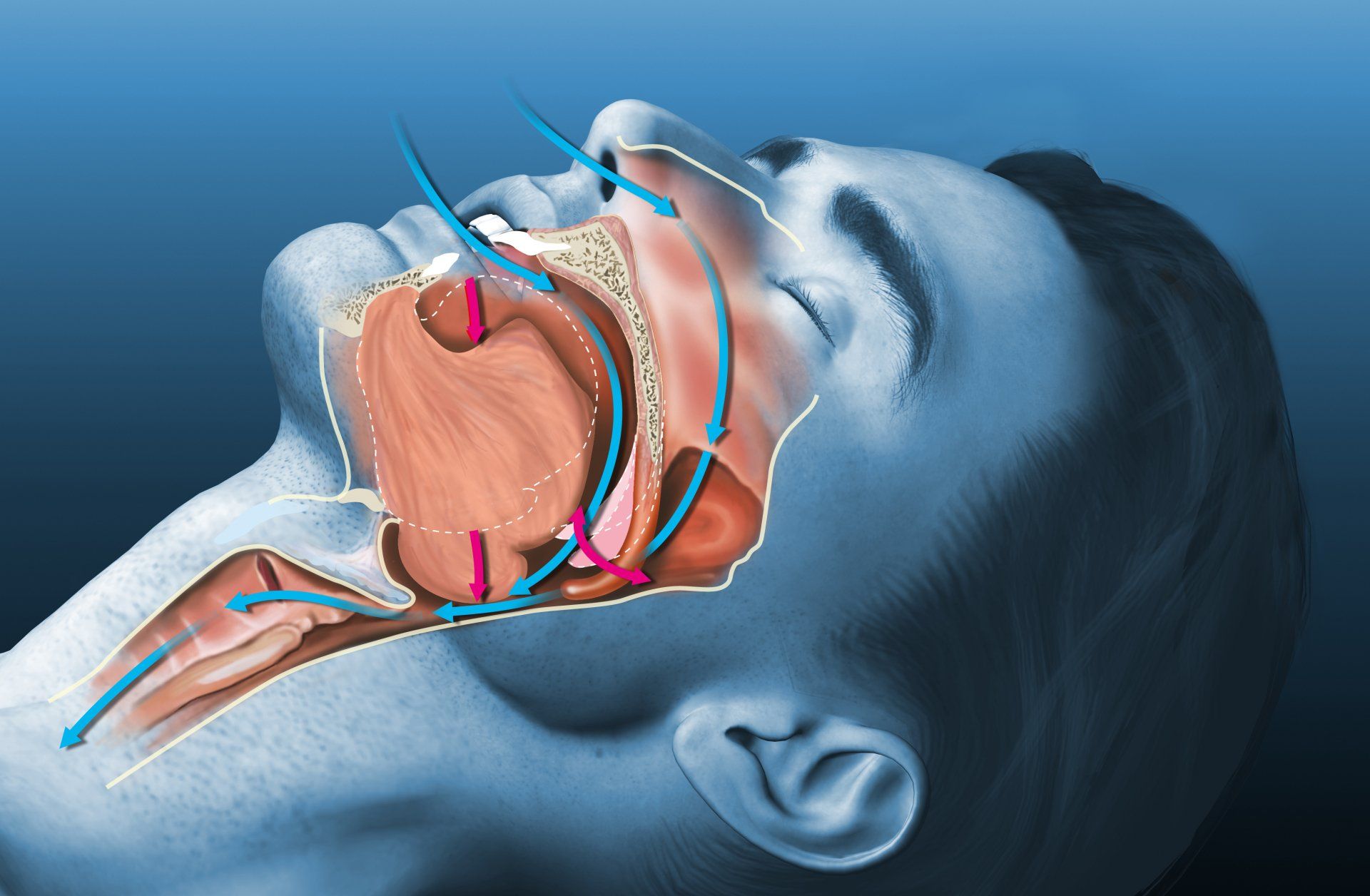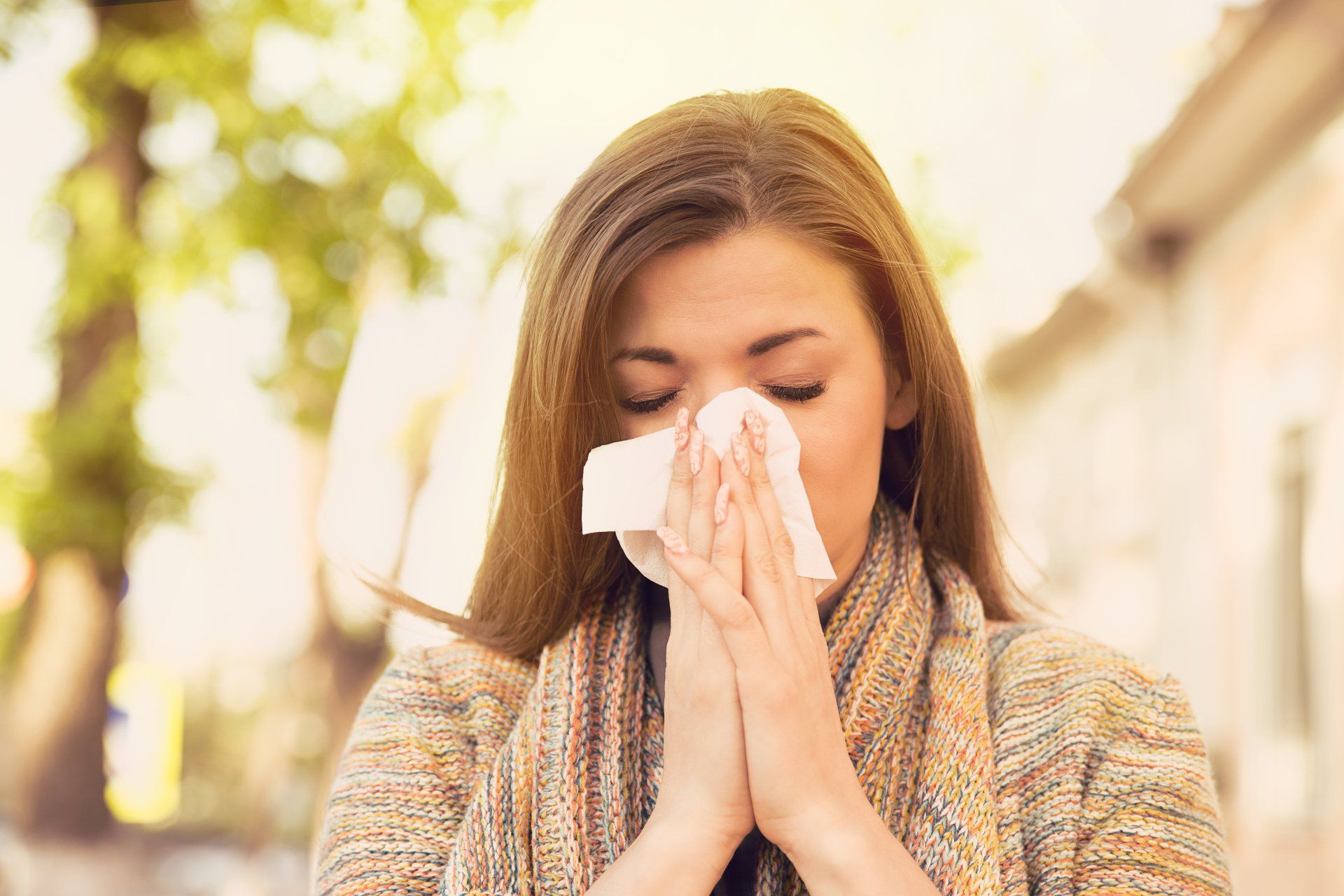Can You Have Lung Cancer Without Any Symptoms? What To Look For
Contrary to other cancers, lung cancer frequently goes undetected until it is quite advanced. Hence, it is advised that certain individuals, such as current or former smokers, to be more aware and get regular lung cancer screening.
Some people with early lung cancer do exhibit symptoms. So, if you visit the doctor as soon as you start experiencing symptoms, your cancer maybe identified earlier, and treatment is more likely to be successful.
So, if you are unsure what to look out for regarding lung cancer, let's take a closer look to prevent cancer from sneaking up on you.
How Lung Cancer Can Be Sneaky and the Importance of Screening
Screening is the process of using tests or examinations to detect cancers in asymptomatic individuals. Lung cancer symptoms typically don't show up until the disease has already spread. Even when lung cancer symptoms appear, many people could mistake them for other conditions like an infection or long-term smoking-related effects. This could cause a delay in diagnosis.
For certain individuals who smoke or used to smoke but don't exhibit any symptoms, a lung cancer screening is advised. In most cases, the absence of symptoms in a lung cancer patient indicates that the disease can be detected early, which will lead to better treatments and outcomes.
Individuals who should consider lung cancer screening include:
● Older individuals who are present or past smokers: Lung cancer screening is often offered to smokers and past smokers aged 50 and over.
● Individuals with a long history of heavy smoking: If a person has smoked for 20 pack years or more in the past, they may want to think about getting screened for lung cancer in Singapore. A person's pack years are determined by multiplying their daily pack consumption by the duration of their smoking habit.
● Individuals who were heavy smokers: People who were heavy smokers for the past 15 years but have quit smoking should consider lung cancer screening.
● Individuals with a history of lung cancer: Lung cancer screening is recommended for individuals who have been treated for lung cancer more than five years ago.
The main advantage of screening is a lower probability of developing lung cancer, which is the leading cause of death in smokers and ex-smokers.
Explaining the Stages of Lung Cancer
Cancer stages provide information on the extent of the illness and help in treatment planning. Early diagnosis and treatment of lung cancer significantly increase the likelihood of a favourable or curative outcome. Lung cancer may not present with evident symptoms in the early stages. Therefore a diagnosis is frequently made after it has advanced.
Non-small cell lung cancer (NSCLC) stages:
● Stage 1: Cancer can be found in the lung but has not spread outside the lung.
● Stage 2: Cancer can be found in the lung and nearby lymph nodes.
● Stage 3: Cancer can be in the lung and lymph nodes in the middle of the chest.
● Stage 3A: Cancer can be found in lymph nodes, but only on the same side of the chest where the cancer started growing.
● Stage 3B: Cancer has spread to lymph nodes on the opposite side of the chest or to lymph nodes above the collarbone.
● Stage 4: Cancer has spread to both lungs, the area around the lungs, or other organs.
Small cell lung cancer (SCLC) stages:
The SCLC process has two stages: limited and extensive. Cancer is diagnosed in only one lung or surrounding lymph nodes on the same side of the chest in the limited stage.
The extensive stage of cancer indicates that it has spread:
● throughout one lung
● to the opposite lung
● to lymph nodes on the opposite side
● to fluid around the lung
● to bone marrow
● to distant organs
Don't Wait for these Warning Signs
When patients are diagnosed with lung cancer, they often suffer from symptoms such as chronic breathing difficulties, repeated respiratory infections, or chest pain for some time. However, the patient probably wasn't aware that these were lung cancer symptoms, so they delayed consulting a doctor.
The common symptoms of lung cancer include:
● Chronic cough: A persistent cough that lasts for at least eight weeks is a common complaint among lung cancer individuals.
● Frequent respiratory infection: When lung tumours obstruct the airway, repeated infections like bronchitis and pneumonia can occur.
● Coughing up blood: Consulting your doctor is necessary if you cough up blood or bloody mucus, regardless of how little blood is present.
● Shortness of breath: Breathing problems might result from the airway becoming constricted due to lung cancer.
● Hoarse voice: Individuals with lung cancer may have a raspy voice due to persistent cough or a tumour that interferes with their vocal cords.
● Chest pain: Individuals may experience chest pain if a lung tumour tightens their chest or presses on their nerves, especially when they breathe deeply, cough, or laugh.
If you’re suffering from any of these symptoms, you may already be in the later stages of cancer. Be sure to consult your doctor and get screened as soon as possible to confirm the diagnosis.
Looking for lung screening in Singapore? Get specialist care at Respiratory Medical Associates
Respiratory Medical Associates is an established specialist group that is recognised as one of Singapore’s leading experts in the diagnosis and treatment of lung, sleep, and allergy disorders. These can range from persistent coughs, spots on the chest X-ray to lung infections such as bronchitis, pneumonia, and tuberculosis.
In addition, we also treat chronic disorders such as asthma, chronic obstructive pulmonary disease (a lung disease caused by smoking), lung fibrosis, obstructive sleep apnoea, as well as food and drug allergy. Enquire now at https://www.respmed-associates.sg/







